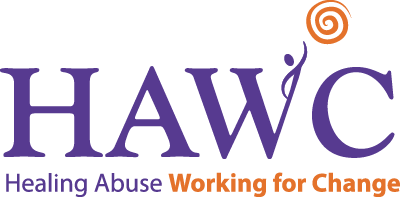Although domestic abuse and HIV are two separate issues prevalent in today’s society, studies have found a unique intersection between domestic abuse survivors and people living with HIV.
In fact, 55% of women living with HIV have experienced domestic abuse—this is nearly double the average national rate for domestic abuse. Conversely, domestic abuse survivors are 4x’s more likely to contract sexually transmitted infections (STIs), including HIV. These studies are clear: domestic abuse is both a risk factor for and a consequence of HIV.
In serious cases of domestic abuse, coercive partners frequently put survivors at risk by using unsafe and violent sexual practices to gain control. In relationships that involve sexual abuse, condoms will rarely be used, and abusers may even intentionally infect survivors with STIs as a means of preventing that person from escaping the relationship. These abusers may also engage in sexual activity outside of the relationship, or force survivors to do so, resulting in a higher potential for exposure to serious STIs such as HIV. All of this, combined with a lowered immune system that can result from stress and physical trauma, may contribute to an increased risk of contracting HIV.
In this way, HIV becomes a weapon for control, as abusers can threaten to reveal to the public a survivor’s HIV+ status or use this status as ground for paternal custody. This results in isolation and a reinforcement of stigma and shame onto the survivor. Additionally, because abusers often control access to finances, medical care, and support systems, the survivor must rely upon the abuser for care. Leaving an abusive relationship as an HIV+ person raises concerns about caregiving, health, and stigma, causing many survivors to remain in a relationship despite abuse and trauma.
Abusers with HIV may similarly use the disease to gain control, as they may suggest that their HIV+ status contributes to their violence or necessitates their constant caregiving presence, preventing survivors from leaving.
Any serious illness often provides an avenue for abuse and violence, as it allows one party to gain control over the other. HIV has a particularly strong intersection with domestic abuse because of the societal stigma attached to the disease. Misconceptions and prejudice surrounding people living with HIV+ contributes to the mechanisms of guilt and shame that keep many survivors trapped in abusive relationships. The prevalence of and stigma around domestic abuse, too, often contributes to serious mental health issues for domestic abuse survivors, causing a higher rate of HIV-risk-related behaviors, such as drug use and unsafe sexual practices. While these issues appear overwhelming, each step taken on a small scale to address these prejudices can contribute to a world where people can heal safely from the physical and emotional scars of domestic abuse without fear of stigmatization for their medical, financial, or social status.
That is, the change begins in small conversations surrounding these issues, increased advocacy, and altered social understandings. The change begins with you!


